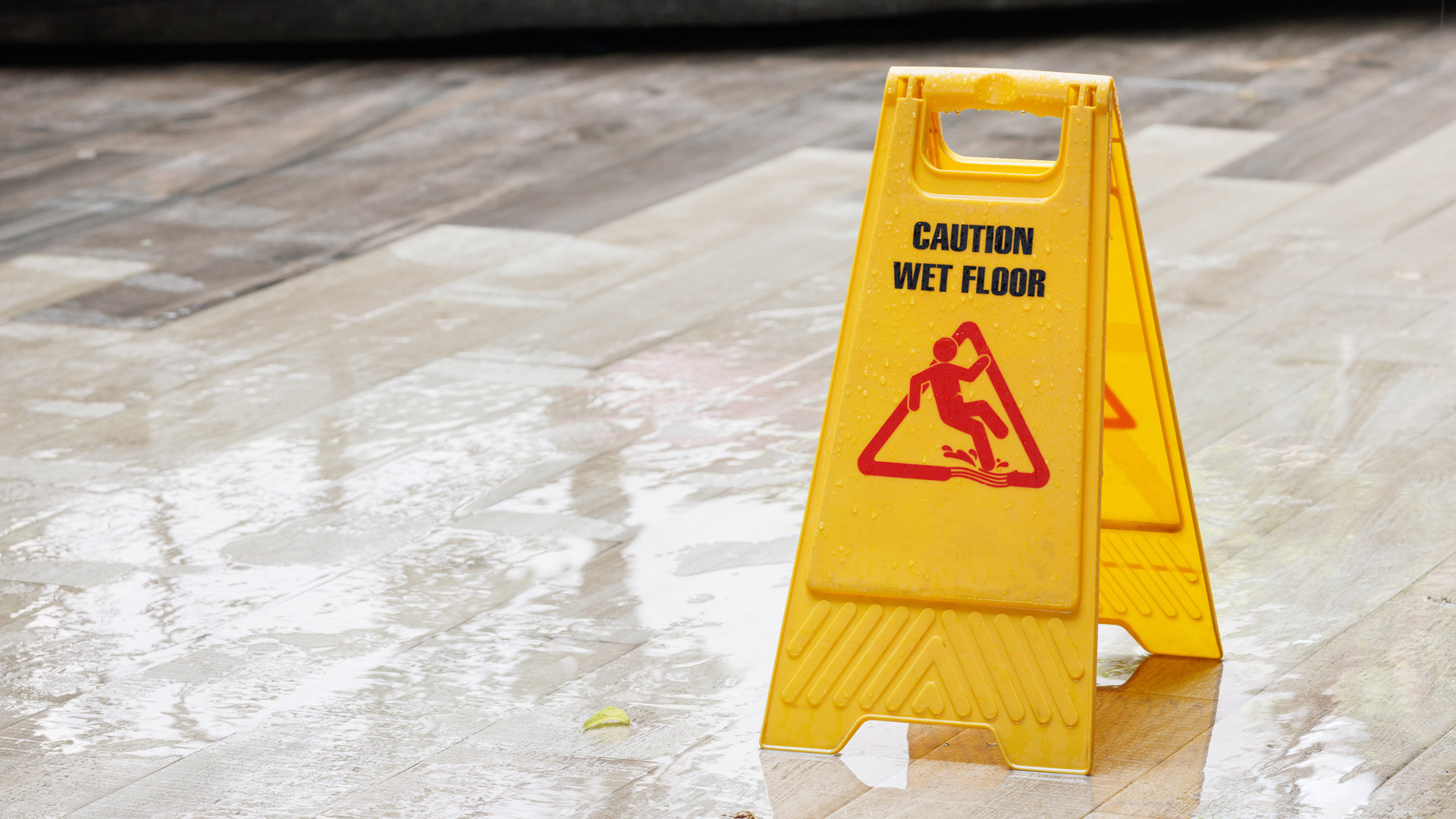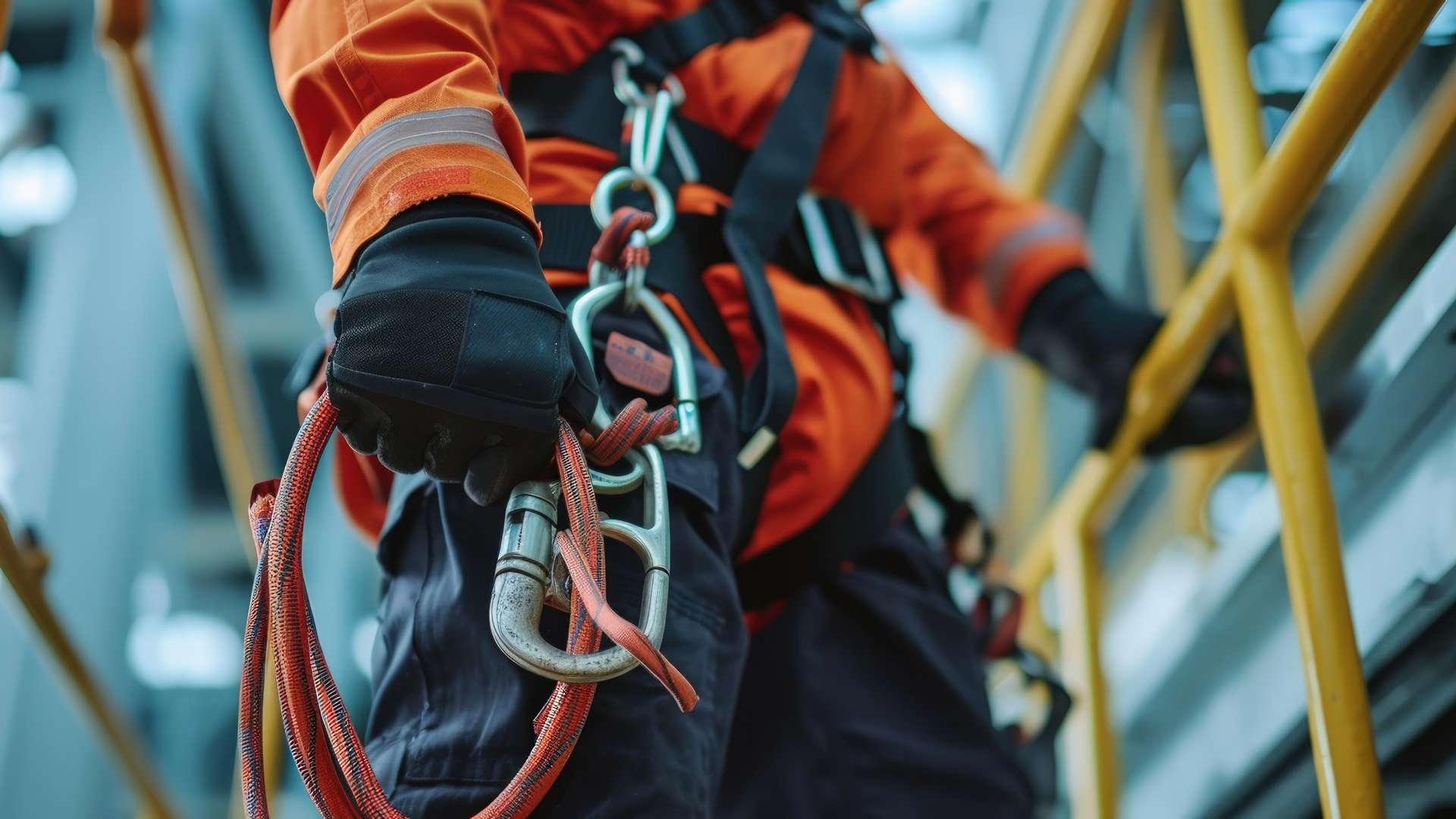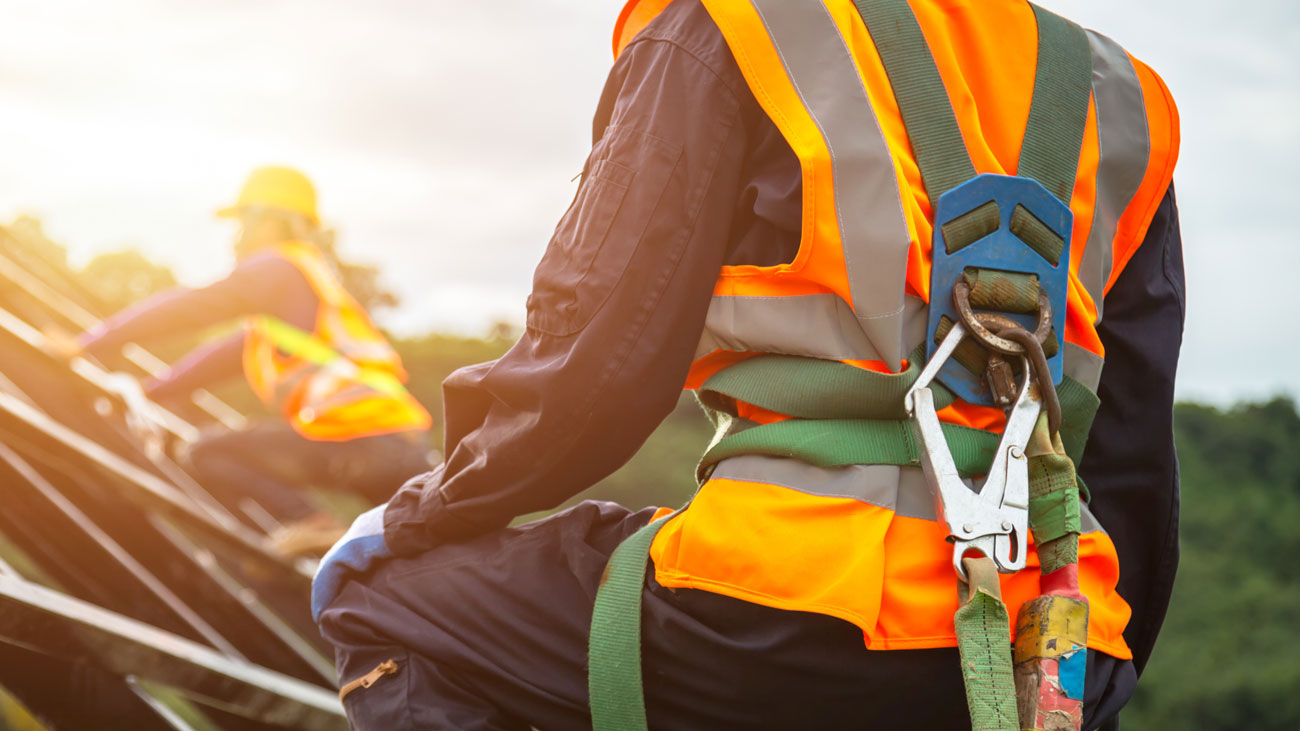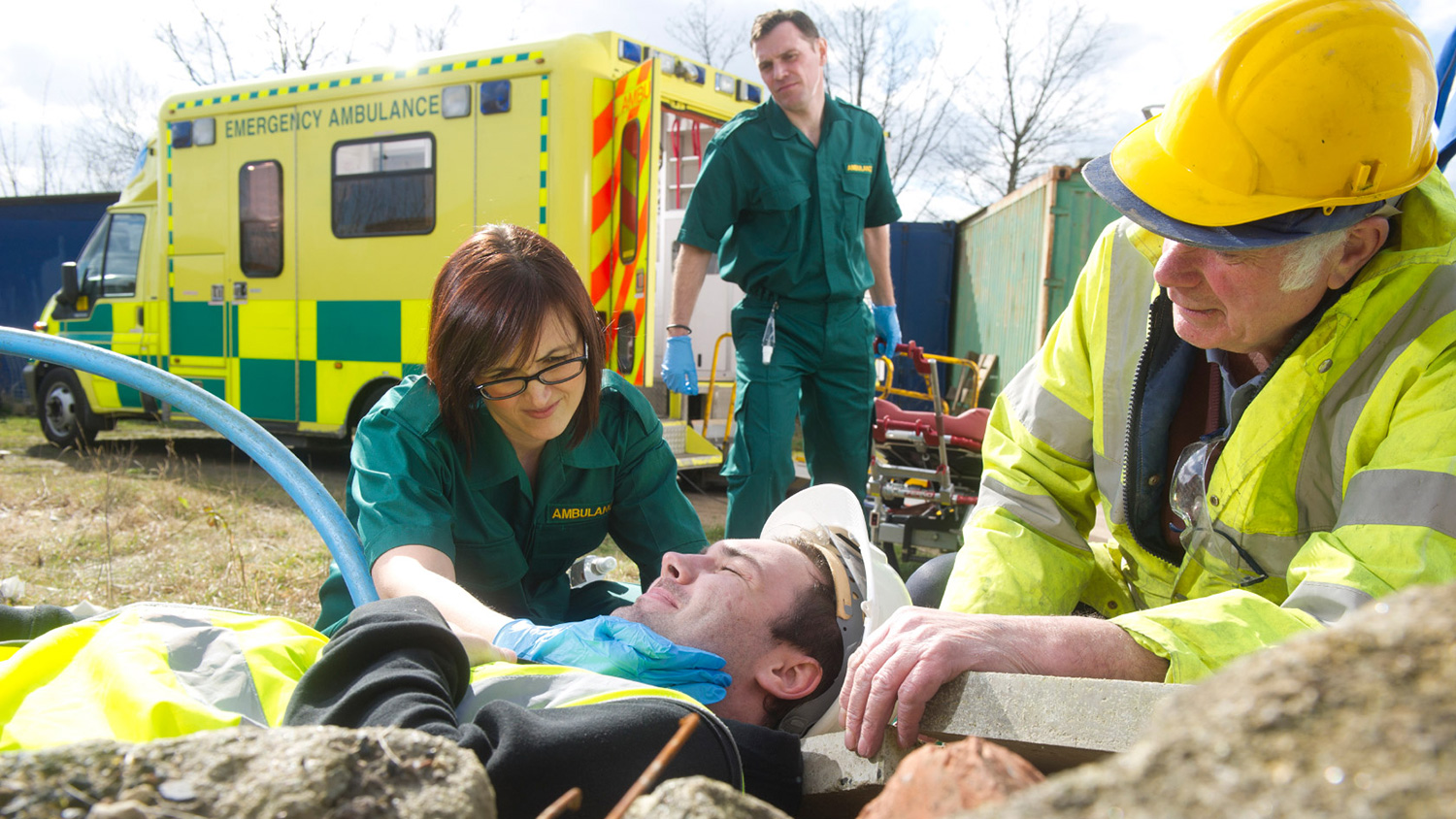The HSE has issued guidance for employers, or the ‘responsible person’, as to when an occurrence of COVID-19 needs to be reported under the Reporting of Injuries, Diseases and Dangerous Occurrences Regulations 2013 (RIDDOR).
Under RIDDOR, it is a legal requirement to report certain accidents, including deaths, work-related diseases, dangerous occurrences, and any work-related accident or ill health that causes a worker to be off work for more than seven days (including weekends).
SARS-CoV-2, the disease that causes Coronavirus, is a biological agent for the purposes of RIDDOR, which means that incidences of occupational exposure trigger legal duties requiring the responsible person (usually the employer) to file a RIDDOR report with the Health and Safety Executive (HSE) notifying them of the incident.
What to report
You should only make a report under RIDDOR when one of the following circumstances applies:
- An accident or incident at work has, or could have, led to the release or escape of Coronavirus (SARS-CoV-2). This must be reported as a dangerous occurrence.
- A person at work (a worker) has been diagnosed as having COVID-19 attributed to an occupational exposure to Coronavirus. This must be reported as a case of disease.
- A worker dies as a result of occupational exposure to Coronavirus. This must be reported as a work-related death due to exposure to a biological agent.
Dangerous occurrences
Dangerous occurrences are certain unintended, specified events, which may not result in a reportable injury, but which do have the potential to cause significant harm.
For an incident to be reportable as a dangerous occurrence, the incident must have resulted (or could have resulted) in the release or escape of Coronavirus, that is, led to a possible or actual exposure to Coronavirus.
The assessment does not require any complex analysis, measurement or test, but rather for a reasonable judgement to be made as to whether the circumstances gave rise to a real risk or had the potential to cause significant harm.
The HSE has provided guidance about what the law says, including some examples of what is not and what is reportable as a dangerous occurrence.
Cases of disease: exposure to a biological agent
When deciding if a report is required, the responsible person (usually the employer) must make a judgement, based on the information available, as to whether or not a confirmed diagnosis of COVID-19 is likely to have been caused by an occupational exposure, that is, whether or not there is reasonable evidence that a work-related exposure is the likely cause of the disease.
The report should specify a disease due to exposure to a biological agent and use the "case of disease" report form.
The HSE has provided more information on what constitutes a diagnosis and more guidance on making a judgement and reasonable evidence.
Work-related deaths due to exposure to a biological agent
For an incident to be reportable as a death due to occupational exposure to Coronavirus there must be reasonable evidence that a work-related exposure caused the worker’s death.
The responsible person should notify the enforcing authority by the quickest practicable means, without delay, and send a report within ten days. The report should specify death due to exposure to a biological agent using the “case of disease” report form.
The HSE has published more on work-related deaths from coronavirus: What the law says and information on making a judgement using reasonable evidence.
Make a RIDDOR report online
You may also be interested in
RELATED CONTENT
RELATED COURSES

The Emergency first aid course offers learners the skills and knowledge to deal with emergency first aid situations at work.

The Slips, trips and falls course explains the measures that can be implemented to prevent slips, trips and falls in the workplace.

Introduction to health and safety gives learners a basic introduction to managing safety in their workplace.

The Working at height course helps learners understand the dangers associated with working at height and ways to control the risks

The Access Industry Forum (AIF), the forum that represents the principal work at height trade associations and federations, is calling for clearer rep...

New IOSH President Stuart Hughes is calling on the profession to challenge itself to develop new ways of tackling the “unacceptably high” number of wo...

You may not realise it but there’s no legal duty on an employer to carry out an investigation into an incident in the workplace. But, says law firm rr...

Employers are increasingly likely to go unpunished after workplace accidents it seems, as research by Prospect Union reveals the number of investigati...